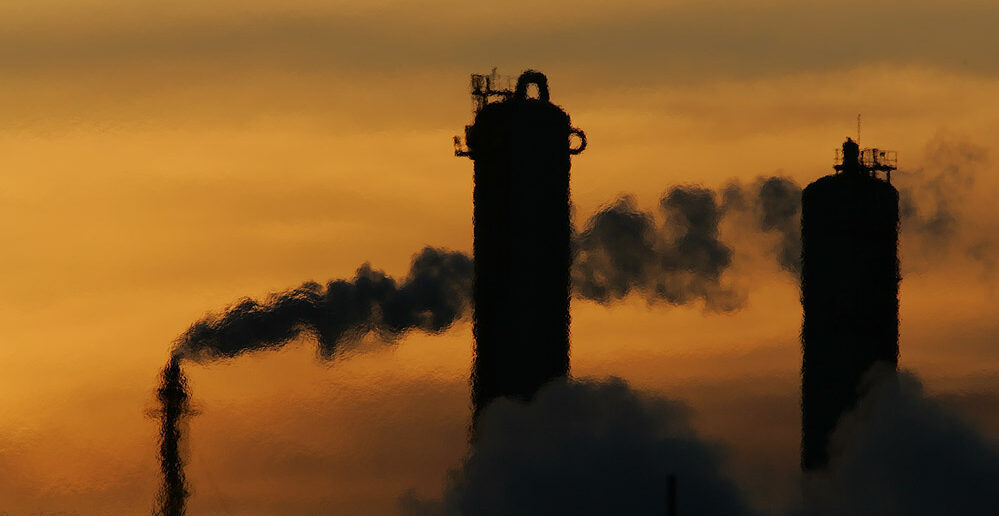Since the first scientific critiques of fossil fuels, oil companies have gone from being the “wealth of nations” to “destroyers of the planet.” In financial market terms, they have become environmental liabilities. It cannot be said, however, that they have also become economic liabilities. The global carbon credit market is heating up — quite like the planet — and oil companies are among the main players interested in leveraging this business. Among the world’s largest oil producers, countries on the Arabian Peninsula, such as Saudi Arabia and the United Arab Emirates, have partnered with Brazil’s Minerva Foods. It is the country’s second-largest meatpacker by net revenue, trailing only JBS — a giant firm whose supply chain has been linked to deforestation. In 2021, Minerva’s subsidiary MyCarbon 3 Ltda was created for a single purpose: to generate and sell carbon credits. However, the company’s projects are far from transparent. Currently under validation by Verra, the world’s leading carbon credits certifier, these initiatives aim to restore degraded pasturelands in the Cerrado. This biodiverse savanna ecosystem, which comprises around 20% of Brazil’s territory, is home to part of Minerva’s cattle supply chain and has already lost half of its native vegetation. The main cause of deforestation in the Cerrado is the activity that feeds Minerva’s meatpacking plants, farming. Partnerships between oil companies and carbon credit companies are emerging as a global trend. In 2022, Shell invested 200 million reais (roughly $40 million) in Carbonext, a developer of REDD+ projects (carbon projects in forests).…This article was originally published on Mongabay
From Conservation news via this RSS feed


